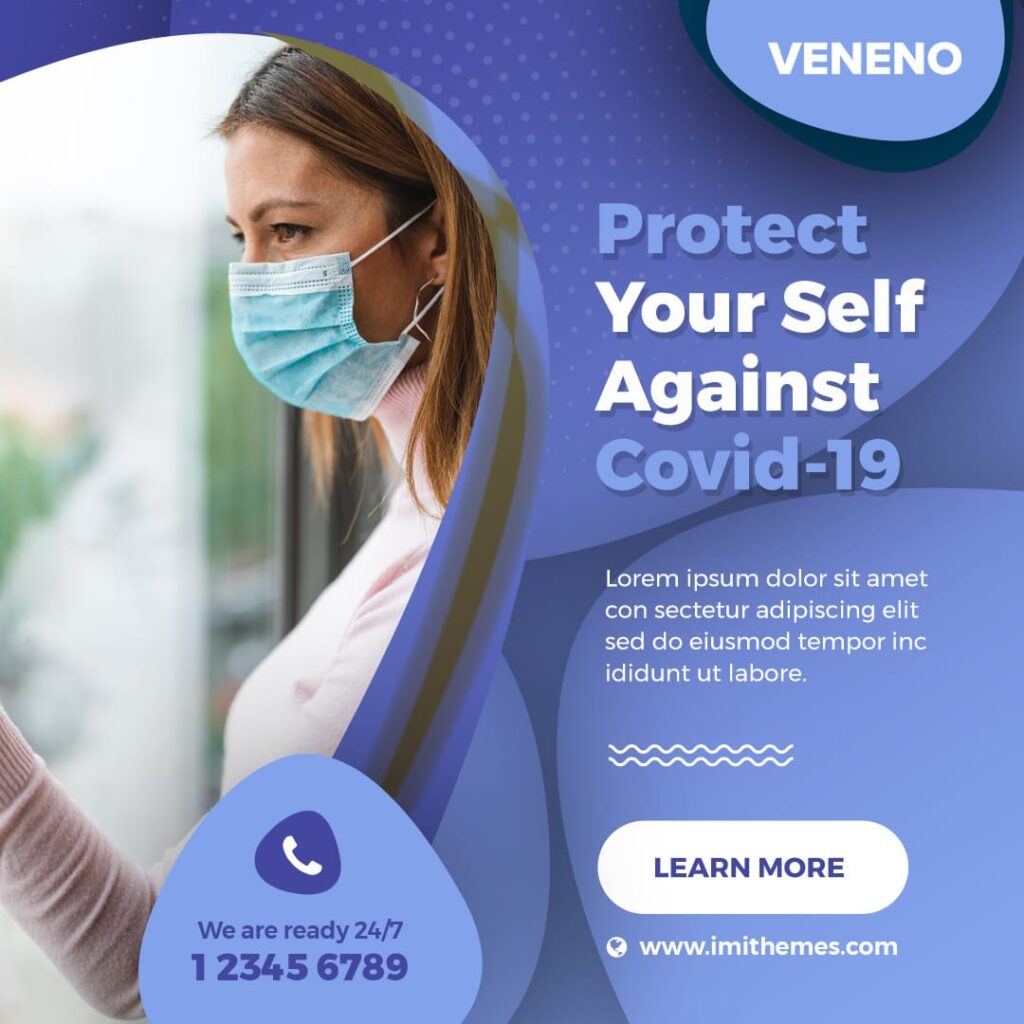Mothers and healthcare workers who support them have many questions and concerns about whether it is safe for mothers with confirmed or suspected COVID-19 to be close to and breastfeed their babies during the pandemic.
To address their questions, WHO has released a list of Frequently asked questions: Breastfeeding and COVID-19. The FAQ complements the WHO interim guidance: Clinical management of severe acute respiratory infection when COVID-19 is suspected and draws upon other WHO recommendations on infant and young child feeding.
The FAQs aim to provide information to healthcare workers supporting mothers and families in maternity services and community settings, and communicate how the interim guidance should be implemented. Additionally, the FAQs provide information about the protective effects of breastfeeding and skin-to-skin contact, and the harmful effects of inappropriate use of infant formula milk.
Accompanying the FAQs is a decision tree which provides step-by-step guidance to health workers on how to support mothers with confirmed or suspected COVID-19 to breastfeed. It provides advice on what to do if mothers are not well enough to breastfeed, as well as appropriate hygiene measures for mothers, including wearing a medical mask if available, to reduce the possibility of the COVID-19 virus being spread to her infant.
Benefits of breastfeeding outweigh potential risks
The COVID-19 virus has not been detected in the breastmilk of any mother with confirmed and suspected COVID-19 and there is no evidence so far that the virus is transmitted through breastfeeding. Researchers continue to test breastmilk from mothers with the infection.
WHO recommends that all mothers with confirmed or suspected COVID-19 continue to have skin-to-skin contact and to breastfeed. In all socio-economic settings, breastfeeding improves survival and provides lifelong health and development advantages to newborns and infants. Breastfeeding also reduces the risk of breast and ovarian cancer for the mother. Skin-to-skin contact, including kangaroo mother care, reduces neonatal mortality, especially for low birth weight newborns.
While infants and children can contract COVID-19, they are at low risk of infection. The few confirmed cases of COVID-19 in young children to date have experienced only mild or asymptomatic illness.
WHO’s recommendations on the care and feeding of infants whose mothers have confirmed or suspected COVID-19 aim to improve the immediate and lifelong survival, health and development of their newborns and infants. These recommendations consider the likelihood and potential risks of COVID-19 in infants and also the risks of serious illness and death when infants are not breastfed or when infant formula milk are used inappropriately.
WHO’s Q&A on breastfeeding and COVID-19 also provides additional infection prevention advice to mothers with confirmed or suspected COVID-19.



